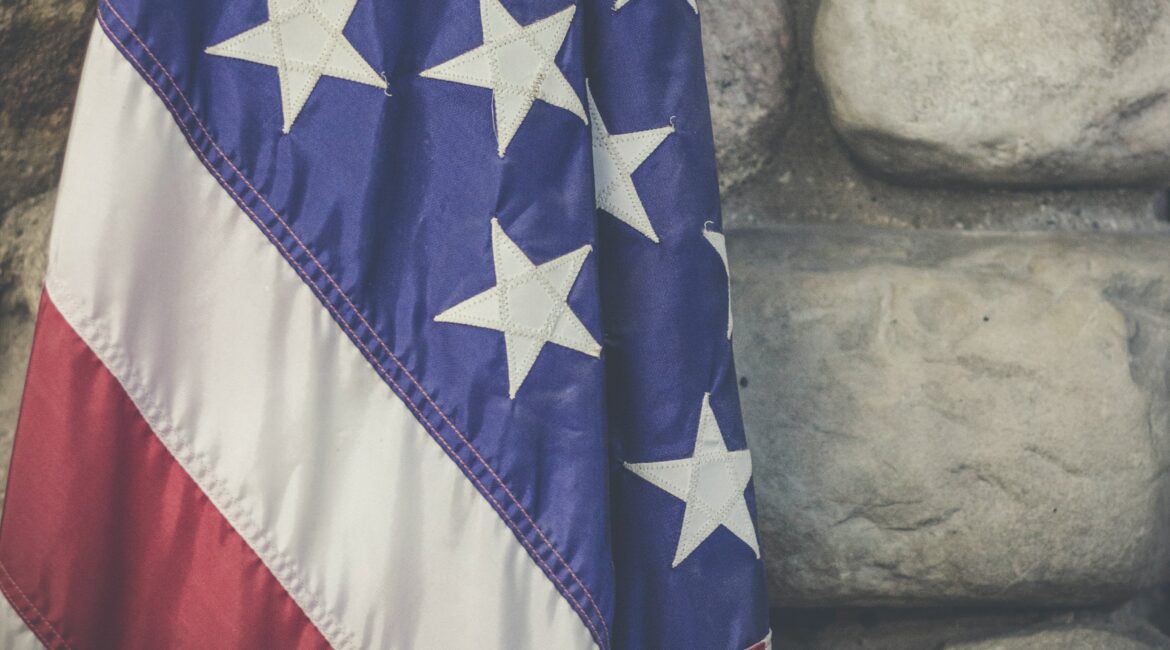In 2001, declared enemy of the West was Al Qaida, behind Osama Bin Laden figure leader. After 20 years of war, the failure is difficult to contest: Jihadist groups are more numerous and better geographically distributed.
In 2003, president George W. Bush stated in his traditional speech on the state of the Union: "In Afghanistan, we have freed an oppressed people and we shall continue to help it for re-building a society and instruct children, boys and girls". But history didn't listen to Bush. Taliban have recently conquered Kabul and are installing Sharia in the country. No matter if their unflustered speeches are taken as credible or not, the ones who lead now the country are ultra-radical Islamists, very closed to Al Qaida.
Therefore, did the war against terrorism failed? Certainly, US has no longer been a victim of an attack after 2001, but the terrorist threat is still present and goes on constantly. If one wishes to prevent Islamist militants recruitment, he must provide people better alternatives, and arms don't do this.
Saddam 2003 overthrowing in Iraq is believed by expert as a major mistaken which allowed Al Qaida to resuscitate and stimulated Islamic State foundation. That fact has encouraged confrontation, in a climate where Jihadism has been growing-up: war, chaos, wrong management and corruption.
After 20 years since 9/11, the landscape changed completely: Jihadism was monocephalic with Al Qaida, and at present it is bicephalic with IS and the Caliphate in Syria and Iraq. The Jihadist threat was limited at the Middle East, and now they are striking in Africa, most part of Arab world, South and South-East Asia.
Connections between Jihadist groups are sporadic and links with terrorist centers are often weak. The claims are frequently announced locally and not at international echelon. So far, there is not about a small group of individuals who should be unlisted, but about large organizations well trained and determined.
On the Western side, times also have changed and the international order has been transformed, as 9/11 proclaimed the next day Islamic terrorism being "number 1 enemy" of US and its allies. Since, tensions have been amplified with Iran, Russia and especially China.
Other threats are about to emerge: polices and secret services are overwhelmed by so-called "solitary wolves" and other isolated militants, some of them born in the very country they strike and being radicalized through Internet, in the name of one or another. They kill in the blind, using a knife, gunfire or a truck.
Therefore, after 20 years, Jihadist threat has not been overcome, but it has undergone mutations, and certainly this fact will be the challenge for the future.

